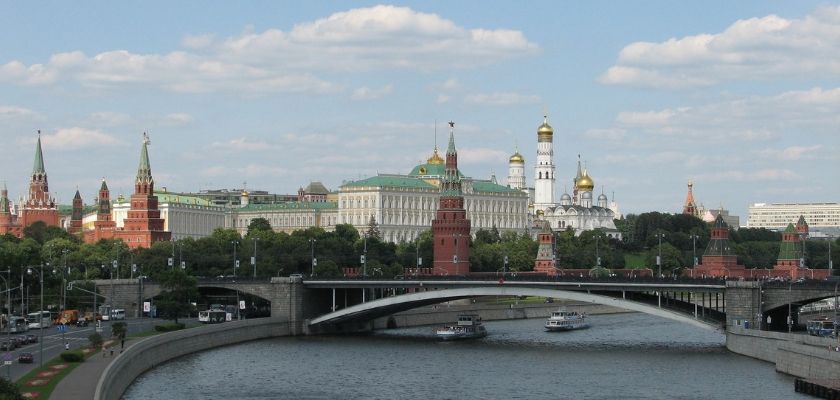Staying true to its reputation of being notorious when it comes to site-blocking, Russia is preparing to ban nine major VPNs operating in the country due to their refusal to connect to the national database of internet service providers and block the sites it suggests.
The national blacklist contains the domains of thousands of sites blocked by the Russian government due to copyright violations or for their contents that is considered “banned information” or contents that contain what Russia has decided is “extremist” information. The Russian government requires many types of internet service providers, including VPN services to interface with the national database.
In March of this year, telecoms watchdog Roscomnadzor send a notice to ten major VPN providers ordering them to connect to the database. These providers are NordVPN, ExpressVPN, TorGuard, IPVanish, VPN Unlimited, VyprVPN, Kaspersky Secure Connection, HideMyAss!, Hola VPN, and OpenVPN. Fortunately, many of these providers did not comply with Roscomnadzor’s request.
Alexander Zharov, chief of Roscomnadzor said that of the ten VPN providers, only Kaspersky Secure Connection complied and connected their services to the blacklist. The VPN providers were given 30 days to comply with the watchdog’s terms. One of the providers namely, NordVPN even flat-out refused to comply because according to them, it will be a violation of their service agreements with their customers. IPVanish, VPN Unlimited, VyprVPN, and OpenVPN also rejected any censorship in providing their services and thus did not comply.
“We sent out ten notifications to VPNs. Only one of them – Kaspersky Secure Connection – connected to the registry,” Roscomnadzor chief Alexander Zharov said in a statement.
“All the others did not answer, moreover, they wrote on their websites that they would not comply with Russian law. And the law says unequivocally if the company refuses to comply with the law – it should be blocked.”
The rest of the other VPN providers did not answer Roscomnadzor and even wrote on their website that they would not comply with Russian law. Because of this non-compliance, the Russian government is dictated by the law to block them. As to when they will be blocked, the Russian watchdog says that it could within a month’s time.
Once blocked, the VPN providers will be automatically listed on the FGIS, Russia’s blacklist for internet service providers. This means that local Russian ISPs are required to block their users from accessing the VPN providers. What is not clear though is whether the access refers to the providers’ websites, VPN servers or both.
It’s a good thing that those ten VPNs are not only the available providers in the country. Zharov said that blocking those VPNs will not be the end of the Russian citizens’ internet life. However, the chief said that he will be sorry about the ban.
Free Tutorial: Our step-by-step guide to starting your own website for fun or profit













